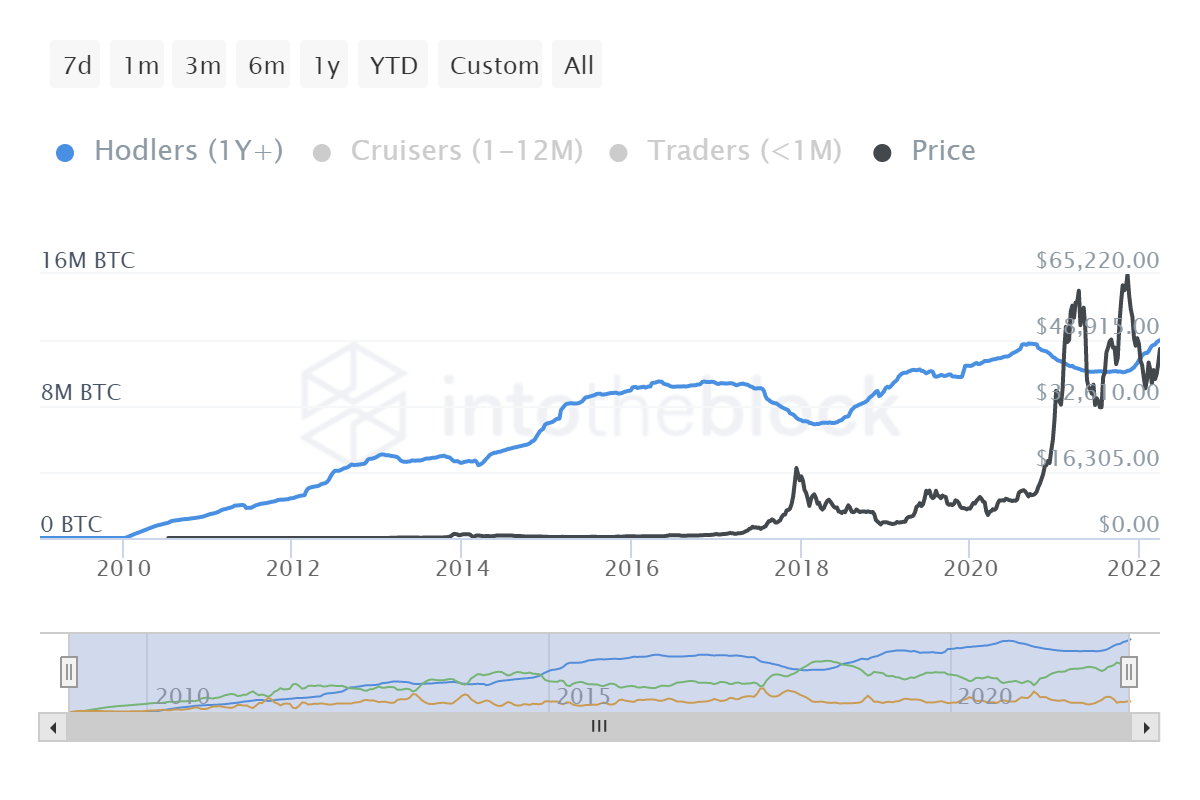您现在的位置是:This spooky AI model will tell you the time of your death >>正文
This spooky AI model will tell you the time of your death
上海品茶网 - 夜上海最新论坛社区 - 上海千花论坛4666人已围观
简介By subscribing, you agree to our Terms of Use and Policies You may unsubscribe at any time.Can an ar...
By subscribing, you agree to our Terms of Use and Policies You may unsubscribe at any time.
Can an artificial intelligence model predict the time of your death? Scientists think so.

Researchers from DTU, the University of Copenhagen, ITU, and Northeastern University have created ‘transformer models’ like ChatGPT. But instead of predicting the next word in a sentence, the model predicts what will happen in a person's life next and can estimate the time of their death.
Uncovering reasons behind life outcomes
The researchers have applied natural language processing techniques to study how human lives evolve and can be predicted based on detailed sequences of events in their lives.
"We used the model to address the fundamental question: to what extent can we predict events in your future based on conditions and events in your past?,” said Sune Lehmann, professor at DTU and first author of the paper.
See Also Related- A new AI tool could predict the risk of heart disease and death through retinal images
“Scientifically, what is exciting for us is not so much the prediction itself, but the aspects of data that enable the model to provide such precise answers," he added.
They used a dataset called life2vec from Denmark, which had data from 6 million Danes, including information about various aspects of their lives, such as health, education, occupation, income, address, and working hours, recorded daily.
Life2vec predicts general questions like "willWilleone die within four years?"
The researchers created a way to organize these life events into a single "space" or system, showing that it is stable and has a clear structure.
When researchers examined the system's answers, they found that the results match what social science has already discovered.
For example, all else being equal, people in leadership positions or with high incomes are more likely to survive. On the other hand, being male, skilled in a particular area, or having a mental diagnosis is associated with a higher risk of dying.
Their models can then predict various outcomes, from early mortality to personality traits, and the researchers claim that their models perform better than the best existing models by a significant margin.
"What's exciting is to consider human life as a long sequence of events, similar to how a sentence in a language consists of a series of words,” added Lehmann.
“This is usually the type of task for which transformer models in AI are used, but in our experiments we use them to analyze what we call life sequences, i.e., events that have happened in human life,” he added.
It’s spooky to know of the time of your death or the circumstances around it. It’s not everyone’s cup of tea. So, naturally, the researchers have raised some ethical and privacy concerns around this study.
The researchers explained in the press release that they think the next step would be to incorporate other types of information like text and images or information about our social connections.
The study was published in Nature Computational Science.
Study abstract:
Here we represent human lives in a way that shares structural similarity to language, and we exploit this similarity to adapt natural language processing techniques to examine the evolution and predictability of human lives based on detailed event sequences. We do this by drawing on a comprehensive registry dataset, which is available for Denmark across several years, and that includes information about life-events related to health, education, occupation, income, address and working hours, recorded with day-to-day resolution. We create embeddings of life-events in a single vector space, showing that this embedding space is robust and highly structured. Our models allow us to predict diverse outcomes ranging from early mortality to personality nuances, outperforming state-of-the-art models by a wide margin. Using methods for interpreting deep learning models, we probe the algorithm to understand the factors that enable our predictions. Our framework allows researchers to discover potential mechanisms that impact life outcomes as well as the associated possibilities for personalized interventions.
Tags:
转载:欢迎各位朋友分享到网络,但转载请说明文章出处“上海品茶网 - 夜上海最新论坛社区 - 上海千花论坛”。http://www.jz08.com.cn/news/251223.html
相关文章
BoE official says the bank needs help collecting data on institutional exposure to crypto
This spooky AI model will tell you the time of your deathThe Bank of England is pressing for more stringent global policies to regulate the cryptocurrency se...
阅读更多
Bread (BRD) Price up 740% today after crypto wallet startup BRD was acquired by Coinbase
This spooky AI model will tell you the time of your deathBRD formerly known as Breadwallet is an open-source cryptocurrency software with a simple and secure...
阅读更多
ETH is up by 6% today ahead of the Merge
This spooky AI model will tell you the time of your deathEther is up by more than 6% in the last 24 hours as the Ethereum community gears for the upcoming Me...
阅读更多
热门文章
- Aelf (ELF) token jumps 142% as investors turn to SUSHI rival SASHIMI
- Cosmos up 16% in 24 hours: Here’s where to buy Cosmos now
- Venezuela Deploys Bitcoin Satellite For Offline Transactions
- Are We Seeing an Axie Infinity Correction? What To Expect as An Investor?
- Ukraine Lands First Place On Global Crypto Adoption Index
- Coinbase plans to cut costs as crypto winter continues
最新文章
Brave Partners with PhishFort to Protect Crypto Users
The Crypto Sector Is Yet To See The Best Of Ethereum
CoinLinked To Raise $5 Million Via A Regulated STO
YFI Surges 45% In less than a week After Yearn Finance Buyback Valued at $7.5 Million
Floki Inu Is Now Trading on Giottus
Algorand (ALGO) could see wider adoption in 2022